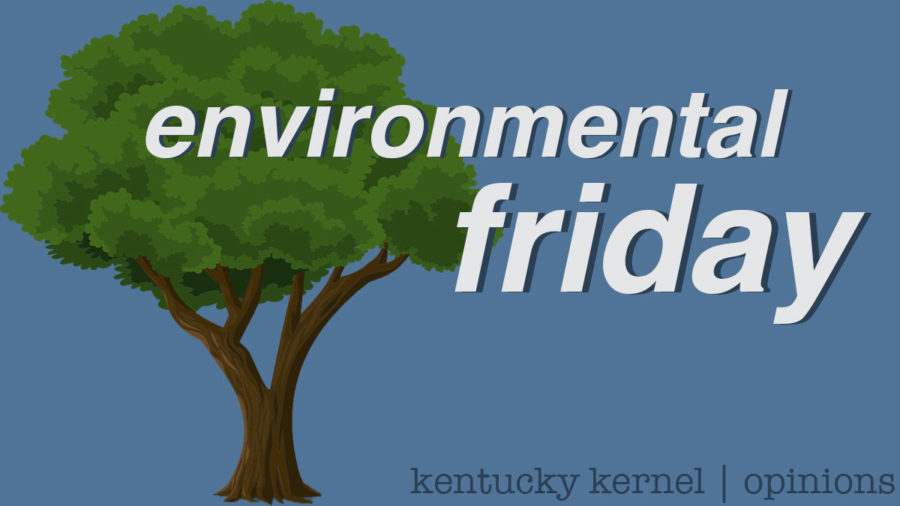Veganism saves animals but hurts the planet
February 22, 2019
With the advent of technology, we have all of the information we could ever want and more at our fingertips. Simply scrolling through your Facebook feed (overlooking the always enjoyable memes and funny posts) you’ll see political statements and social or environmental issues, constantly jostling for the world’s attention.
One of these issues is the horrible mistreatment of animals, specifically in the food industry. Images of cows lined up in a dairy factory farm and chickens thrown around like commodities instead of living organisms are becoming commonly recognized through social media and Netflix documentaries. A popular response to this problem is the rising trend of veganism, which is a lifestyle that rejects all animal products to avoid supporting the corrupt food industry.
Another problem that people are faced with in the digital age is climate change. Images of starving polar bears and melting ice caps paint the reality of this massive issue. Climate change threatens our very existence and is a direct result of human industrial practices including large-scale agriculture. For this reason, veganism is increasingly being identified as an essential solution to climate change.
However, I would like to propose that veganism is not the solution to climate change. In fact, wide-spread veganism can be harmful to the planet.
Encouraging veganism as a response to climate change is problematic because it demonizes the actions of individual people when the real issue is greenhouse gas emissions from the actions of industry. The veganism movement often casts shame on anyone who decides to eat meat because they lack compassion and support the destruction of the environment, when the reality is that industrial greenhouse gas emissions contribute far more to climate change, which is a much more pressing issue. Focusing on holding these industries accountable is far more important than worrying about individual dietary choices.
Promoting veganism not only takes the pressure off of industry, but it also supports harmful agricultural practices. Plant-based diets often involve purchasing food products that likely were produced unsustainably. Crops that vegans would consume often require high inputs of fertilizer, fungicides, pesticides and herbicides.
Sustainable livestock farming practices, on the other hand, involve moving livestock around a plot of land so that no area of soil becomes depleted or destroyed, and their manure can maintain the natural cycle of life, fertilizing more grass. Farming practices like this can restore soils and biodiversity, and sequester carbon.
In addition to serving the earth, sustainable farming tends to also serve animals. For those choosing veganism to avoid animal cruelty, the benefit of supporting sustainable agriculture is that the animals are provided with proper living conditions. Livestock raised in a pasture setting are generally healthier and under less stress than those raised in confinement. Ideally, supporting local farms that implement sustainable practices will minimize contributions to climate change, as well as allow people to form relationships with the farmers that should be properly treating their animals. Biking to a local farmers market and discussing livestock farming practices with each farmer is an easy way to reduce carbon emissions and create a relationship with a farmer. Humans have sadly lost that intimate relationship with their food, which is a foundational aspect of supporting local farmers who care about their animals and the environment.
Purchasing meat from local farms instead of blindly embracing veganism is just one of many ways to address climate change through individual actions. However, concentrating too intensely on individual actions in response to climate change can easily lead to mass ignorance about the significance of industrial contributions to climate change. Gas-guzzling cars, carbon-emitting factories and the fossil fuel generated electricity that powers buildings across America are major contributors to climate change that require much more attention. As college students born into the generation tasked with the future of climate change, we must prioritize actions taken in response to this major problem.































































































































































